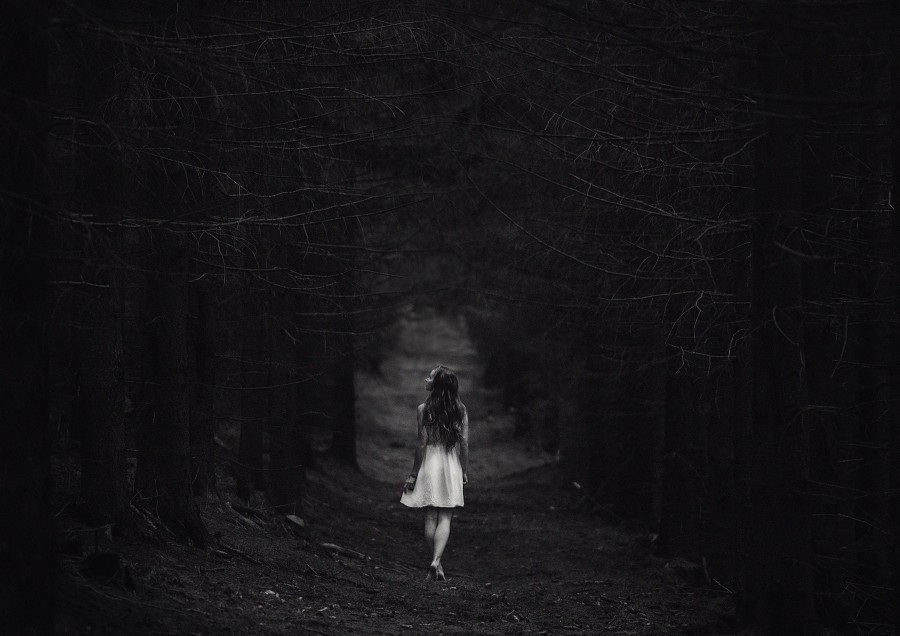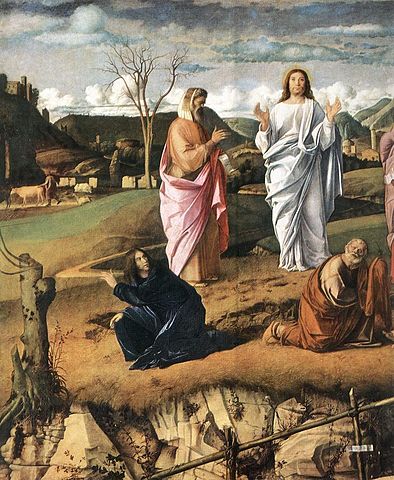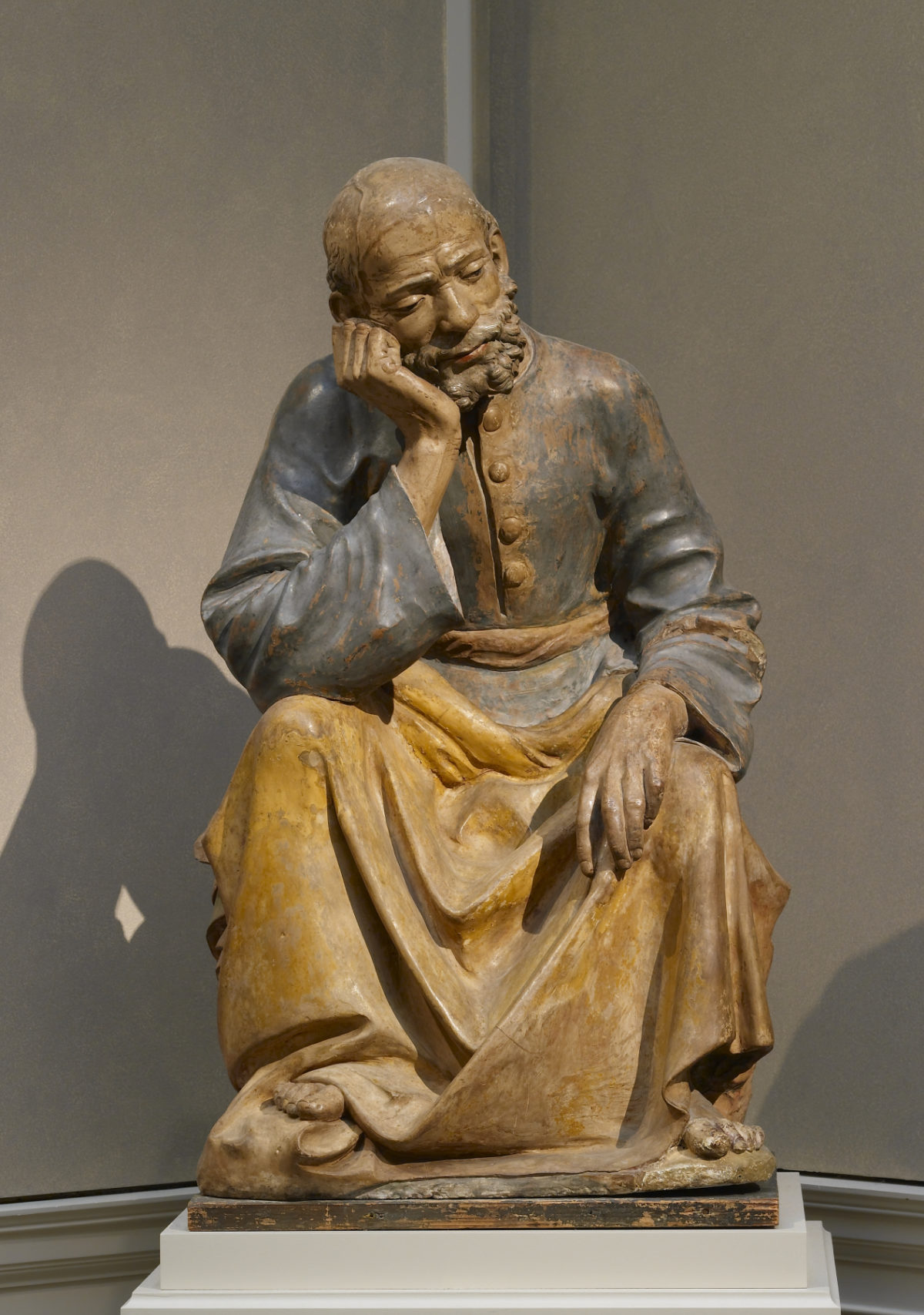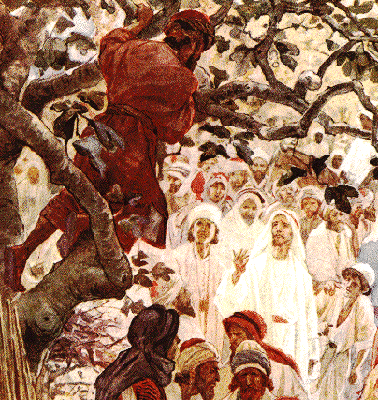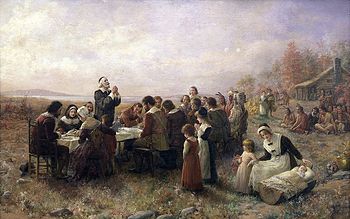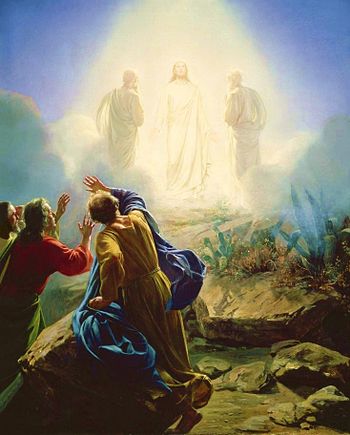Before I begin, my apologies that my posts always seem to follow various Sunday readings and feast days, not lead. That’s for two reasons. First, I try to avoid creating yet another deadline to meet. The pressure is off if I don’t have to publish an article by a certain date. Second, I usually draw inspiration from other articles and homilies around that feast. Since I try to make my thoughts universal, I hope you find them useful regardless of how far away they are from the event I’m referencing.
Let’s turn toward the readings from the first Sunday of Lent. They all revolve around temptation and sin. In the First Reading, we hear about Adam and Eve succumbing to temptation by eating the forbidden fruit. The Second Reading and Gospel then recount how Jesus defeated Satan by resisting temptations and redeeming us. In the desert, after fasting for 40 days, Jesus defeated Satan three times. We’re going to take a closer look at each temptation and how we can similarly defeat Satan through the Rosary.
The First Temptation
In the first temptation, Satan tries to use Jesus’ hunger after fasting for 40 days as a way to gain power over him. He dares Jesus to turn a stone into bread. Satan appeals to Jesus’ basic need to eat as a way to cause him to fall. Think of how easily Jesus could have turned a stone into bread and the strength he had to muster to resist. And notice how Satan isn’t asking Jesus to do something intrinsically evil. This is how Satan often tempts us — by suggesting something that isn’t outright sinful and easy to fulfill. That gets us started going down the path where we do Satan’s bidding instead of God’s Will.
Consider the First Sorrowful Mystery, the Agony in the Garden. Jesus was at a low moment in his life before his arrest and crucifixion. His spiritual state mirrors his physical exhaustion when being tempted by Satan in the desert. In both cases, he finds strength by calling on God through prayer. Like Jesus in the garden and in the desert, we should always remember to call on God for strength and guidance when we are facing “low” moments in our lives. Those are the moments when Satan will opportunistically tempt us with something seemingly benign as a way to get a foothold of control. We need God’s help to resist the temptations Satan lays before us.
The Second Temptation
In the second temptation, Satan tries to undermine Jesus’ faith in the power of God by asking him to throw himself off a cliff to have angels catch him. He challenges Jesus to “prove himself” as the Son of God. Ironically, Jesus does prove himself by rejecting Satan’s challenge. Jesus shows that Satan has no influence over someone when he is closely connected to God. Anyone in this state of grace has no need to prove God’s power as it will be self-evident in your resolve to resist sin.
Think about Jesus during his Crucifixion in the Fifth Sorrowful Mystery. You have people around him doubting his divinity. The condemned man next to Jesus, in a very similar manner to Satan in the desert, tells Jesus that if he’s the Messiah, to save him and himself. Maybe the same thoughts went through the other man on the cross, but he had enough faith to ask Jesus to humbly remember him. One person demanded proof. The other asked for mercy and forgiveness. We are like the people gathered around Jesus on the cross. Do we doubt God’s abilities and demand proof or have faith in his awesome power?

The Third Temptation
In the third temptation, Satan tries to appeal to the human desire for wealth and power by offering Jesus all the wealth and power in the world. This is rather naive of Satan to assume that Jesus would have the same weaknesses as us. Like in sports, Satan knows that Jesus has defeated him and this is his last chance to try to cause Jesus’ fall. Maybe he couldn’t see past his own selfish desire for power to see that Jesus isn’t motivated by the same thing. There’s no logic, philosophy, or appeal to Scripture in this case. Satan hopes that appealing to greed might eek him a victory. Of course, this last desperate attempt fails.
The fruit of the Third Joyful Mystery, the Nativity, is detachment from worldly possessions. Satan is ever present trying to turn us away from God by appealing to our base desires — greed, lust, sloth, and gluttony. For those less prepared to battle Satan, these are powerful tools that Satan wields to control someone’s soul. This is why praying the Rosary, receiving the sacraments, and forming a tight relationship with God are so important. Satan cannot wield control over us via our base desires when we are focused on the higher desire of living in God’s grace and, one day, Heaven.

If you want to read a great analysis of Jesus’ temptation in the desert and the reality of Satan in our lives, I highly suggest reading Fr. Robert Spitzer’s Christ Versus Satan in Our Daily Lives. It’s the first book of a trilogy that I’m currently reading. He does such a great job of laying out the reality of Satan’s influence through the eight deadly sins and the ways we can fight against them. I’m sure many of the ideas in this article were inspired (and maybe unintentionally used) by his book.


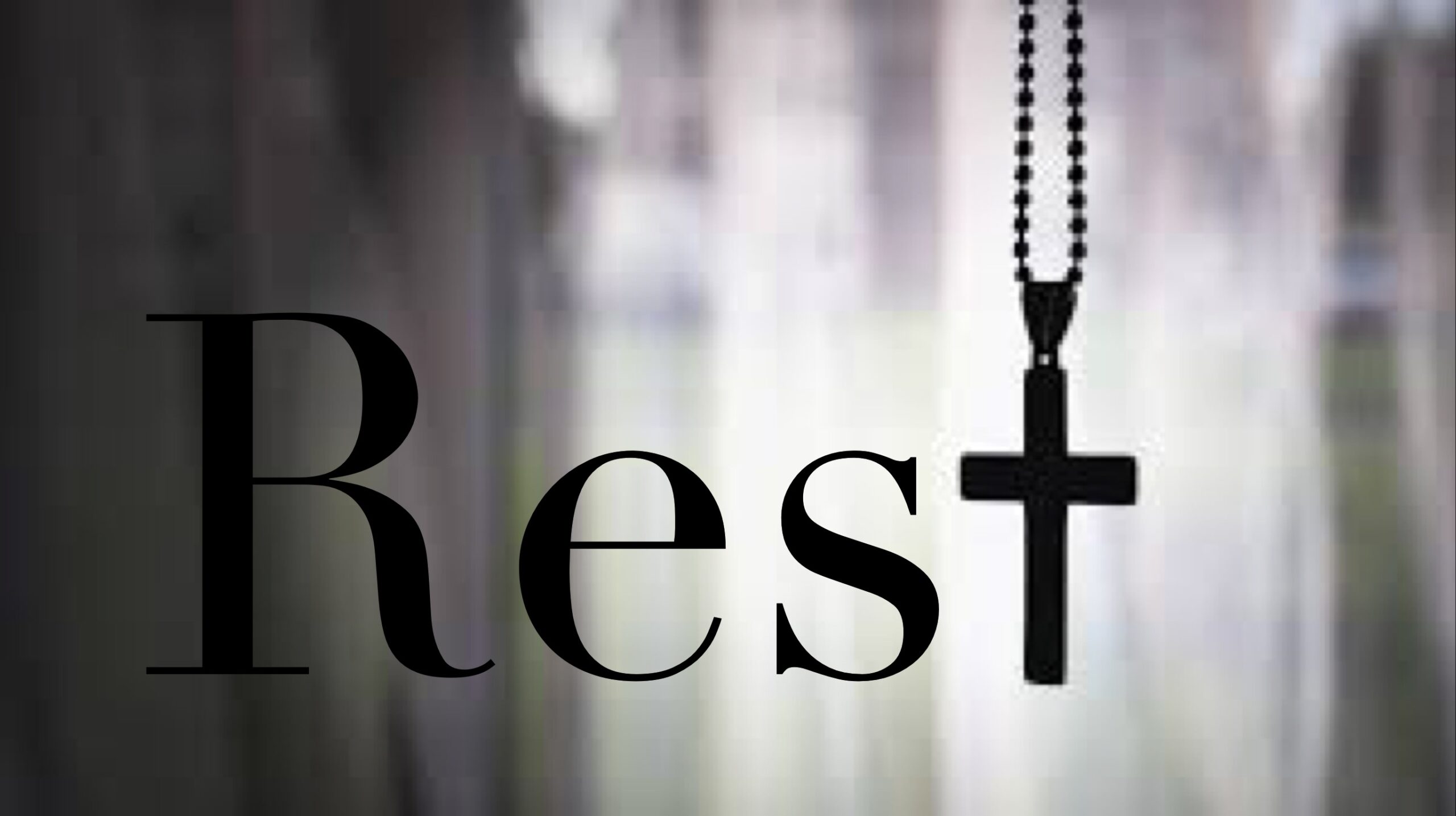



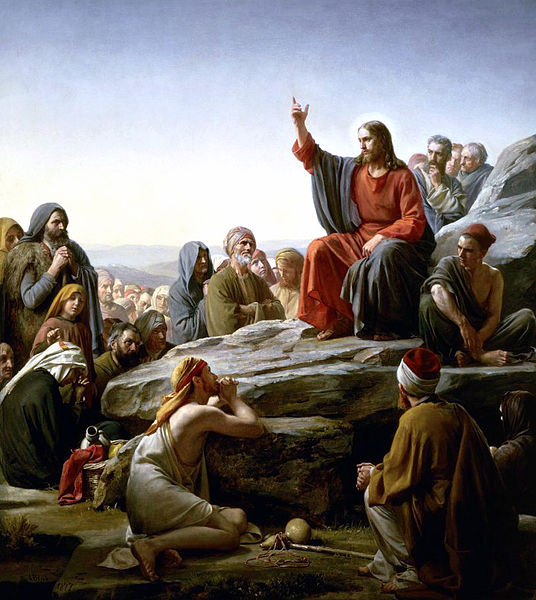




 Lastly, I recently finished reading a
Lastly, I recently finished reading a 